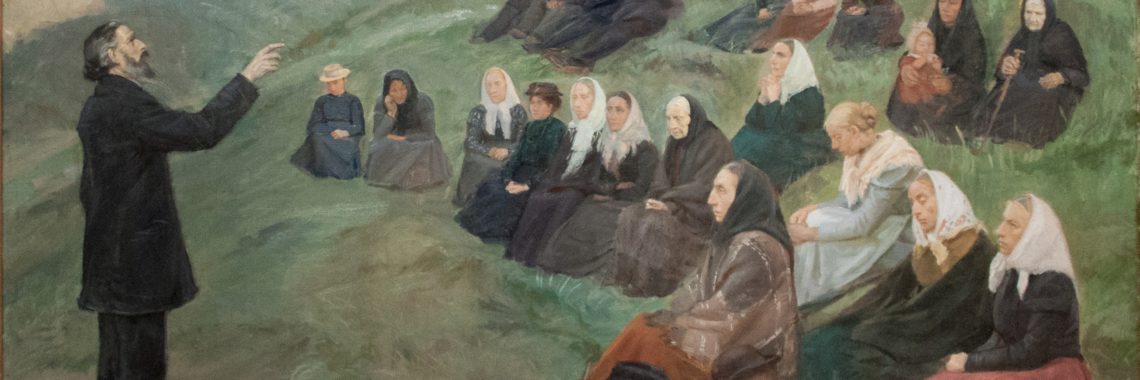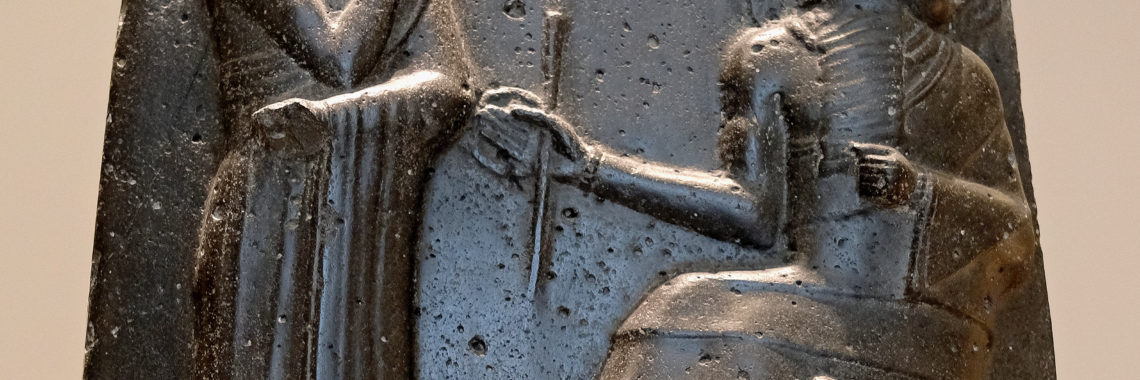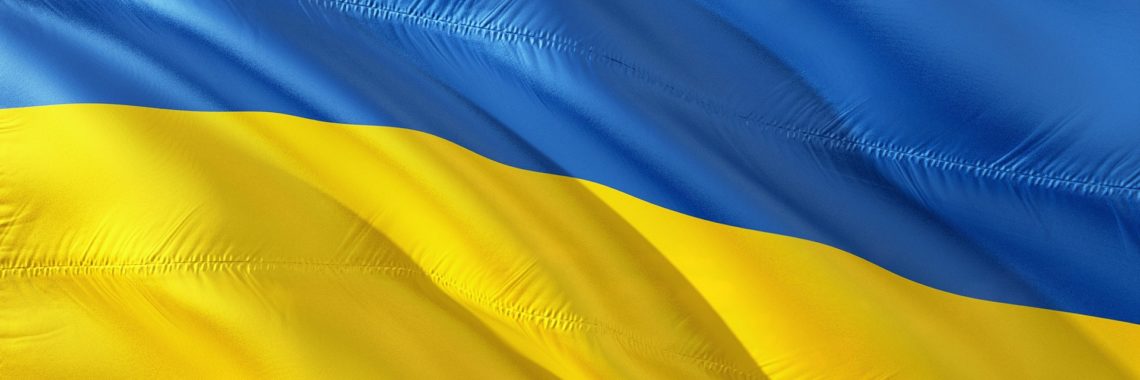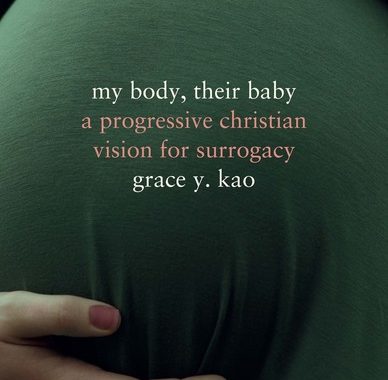“How Will Preachers Address Social Issues During the 2024 Election?” by Leah D. Schade, Wayne Thompson, & Amanda Wilson Harper
A Field Sermon by Anna Ancher (CC0 1.0). Since Donald Trump’s appointment of conservative Supreme Court justices beginning in 2017, the Court released a series of rulings that have had a profound impact on the rights of historically marginalized groups, as well as environmental protection. Regarding immigration rights, the Court ruled in Trump v. Hawaii…










